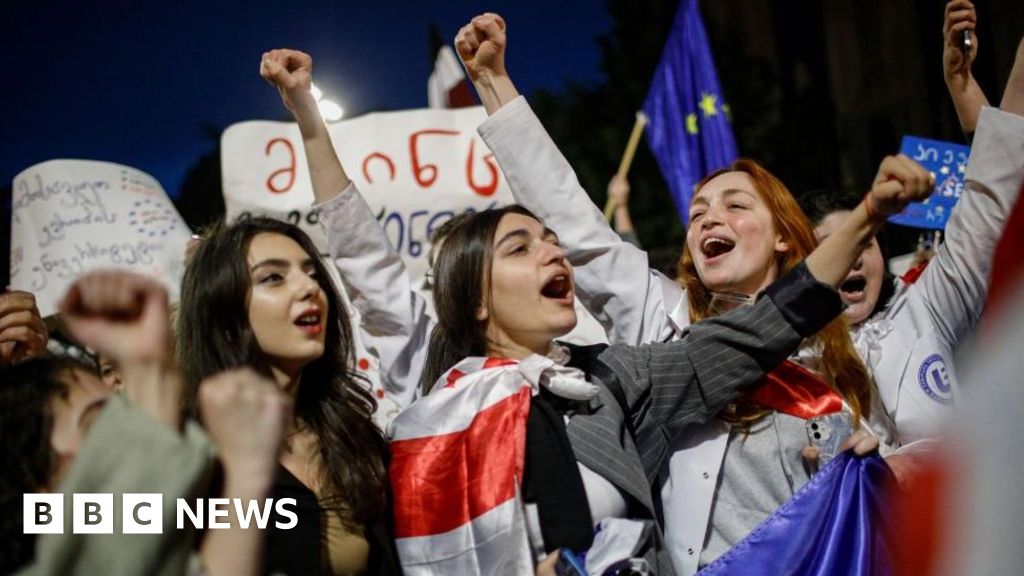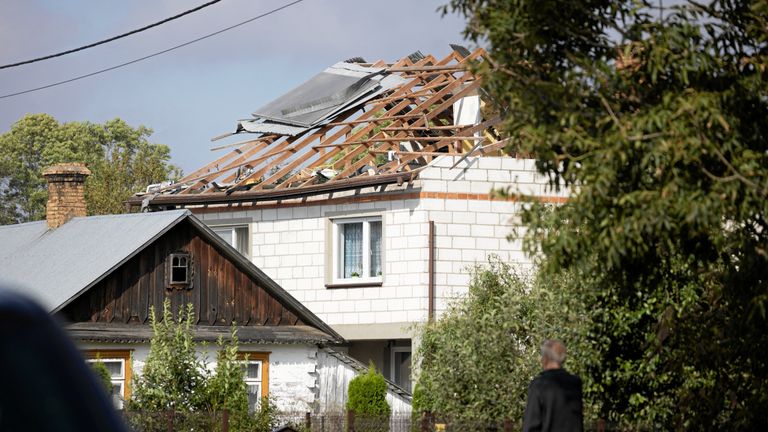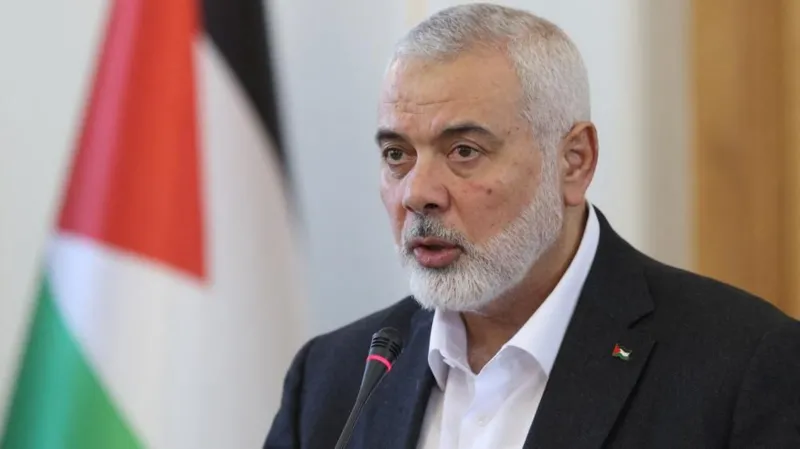Georgia approves controversial law that sparked mass protests
Georgia's parliament has voted through a divisive "foreign agent" law that has sparked weeks of mass street protests.

However, the bill now faces a likely veto by Georgia's president, which parliament can override by holding an additional vote.
Critics say the bill - which they call the "Russia law" - could be used to threaten civil liberties.
Thousands of people were gathered near the parliament in Tbilisi to protest the decision.
On Monday, Prime Minister Irakli Kobakhidze warned that if authorities backed down at the bill's third reading, Georgia would lose sovereignty and "easily share the fate of Ukraine", without detailing what he meant.
Protesters heckled the police - clad in full riot gear - guarding the side entrances to the building. The atmosphere was tense inside the parliament too, with physical and verbal altercations taking place between pro-government and opposition MPs.
As she walked into the parliament building, President Salome Zourabichvili - an opponent of Mr Kobakhidze - told the BBC she would veto the law.
Riot police face off against foreign influence bill demonstrators
However, Georgian Dream has sufficient numbers in parliament to overrule her, and there are few doubts the legislation will pass.
Under the bill - which passed its third and final reading with 84 votes against 30 on Tuesday - NGOs and independent media that receive more than 20% of their funding from foreign donors would have to register as organisations "bearing the interests of a foreign power".
They would also be monitored by the Justice Ministry and could be forced to share sensitive information - or face hefty fines of up to 25,000 GEL ($9,400; £7,500).
Protesters are concerned that the legislation would be used by the government to suppress its opponents. Parallels have also been drawn with an authoritarian bill which came into force in Russia in 2012, and which the Kremlin has since used to clamp down on dissidents.
Opposition parties say the law could harm Georgia's attempt to join the European Union (EU), which has given it candidate status. The EU has warned the bill could jeopardise further progress within the bloc.
Massive rallies against the bill have gripped the Caucasus country for nearly a month. Photos and footage posted online in recent days appeared to show violent altercations between protesters and police.
-bbc







